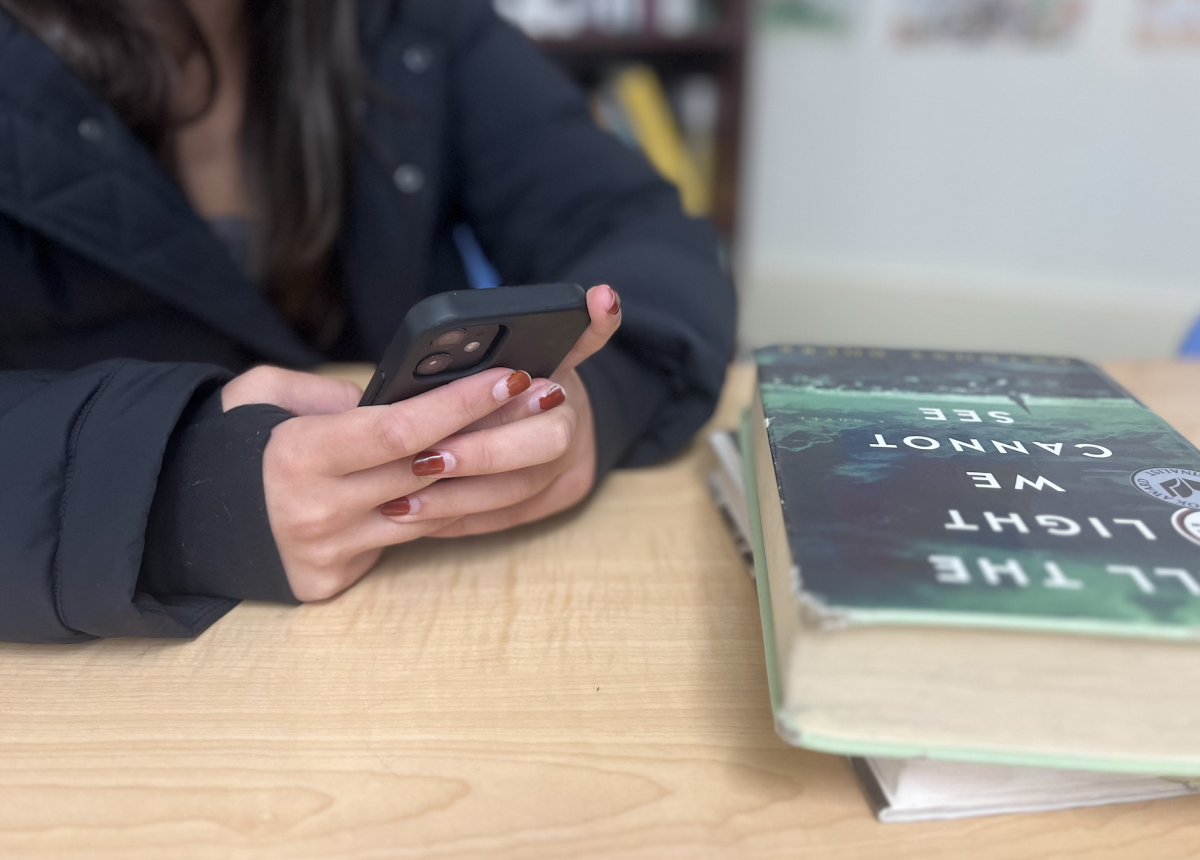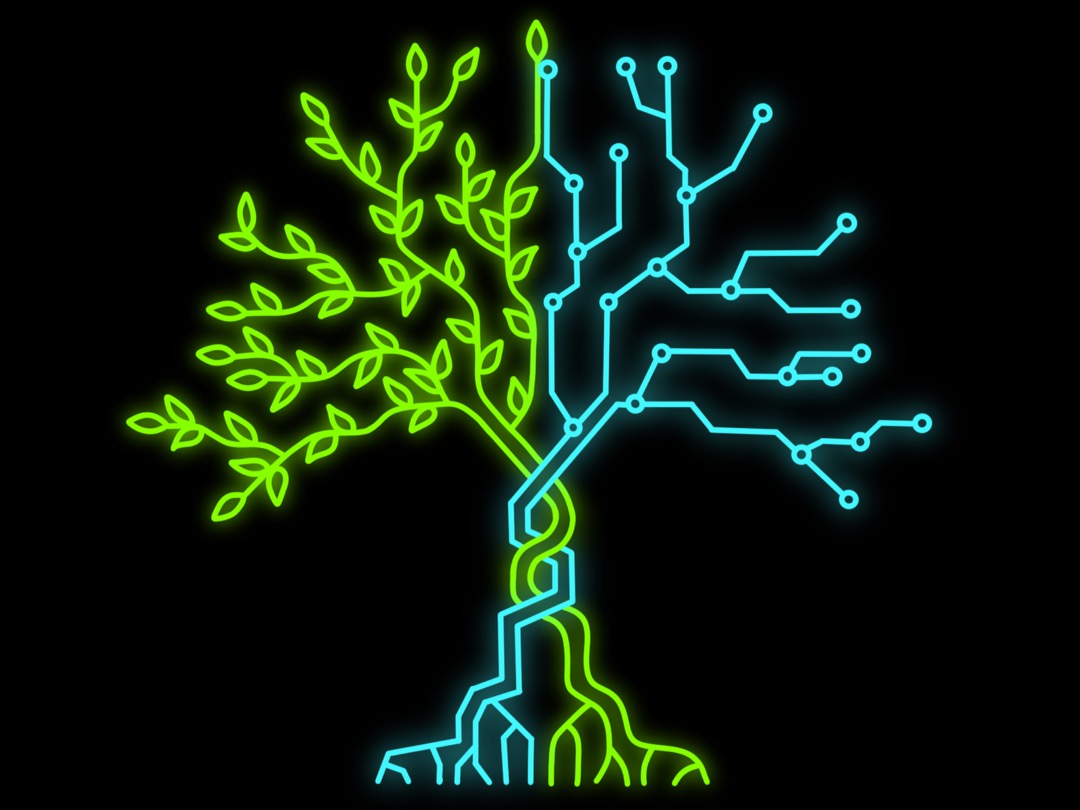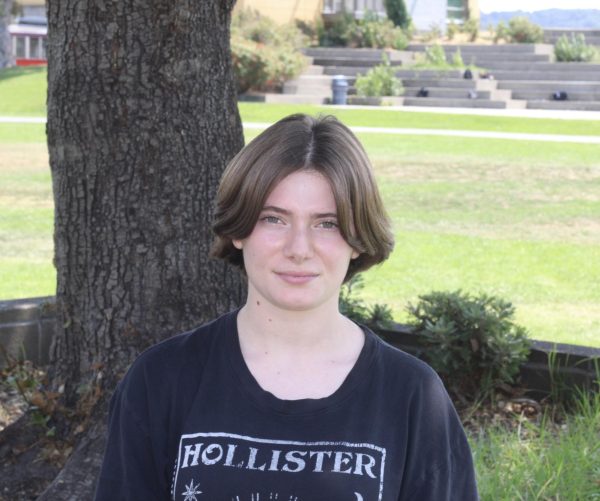
Religion plays a significant role in many people’s lives, and while its influence in navigating grief is widely recognized, certain practices and their impacts may sometimes be overlooked. In times of loss, people often turn to their religion as rituals and practices can provide frameworks for interpreting grief and help to find meaning amidst experiences of loss.
Enduring grief isn’t a linear and solitary journey; rather, it’s messy and requires support. Support can be sought in many ways, such as from the structure of religion, safety within one’s community or guidance from therapists. In navigating discussions of grief, Laura Tabak, a psychologist in Kentfield, frequently assists clients in creating a structure for their healing process.
“I’ve noticed, with [people] who don’t allow for emotional expression or talk about their grief, that their process tends to be a bit more prolonged than those who are tapping into feelings of grief, who are connecting with other people around them,” Tabak said.
The healing path Tabak highlights can be designed by a person’s rituals, providing reliable support during hard times. This can be a step-by-step ritual or anything that an individual finds meaningful. Many look to religion for its comforting framework for understanding and expressing grief.
“Grief can feel a little like an abyss or dark hole because there is no one way to grieve. Sometimes, it can feel really heavy and almost like one is dying themselves. [Rituals] can be so impactful, stabilizing and supportive. Having that kind of structure can help people not sink into the depths of what grief can be for so many people. It can buoy them up a little bit,” Tabak said.

Spiritual leaders are often the first people individuals turn to when dealing with loss. Along with religious advice, they can share personal experiences. Rabbi Michael Lezak from the nondenominational GLIDE Memorial Church found that Jewish rituals helped him when his father passed, an experience that he shares with many others.
“I’ve helped hundreds of families walk through paths of grief when loved ones have died. [In those moments, I] have tried to [unearth] my peoples’ tradition and use rituals to help people walk through dark valleys and to come back to life,” Lezak said.
For many, the period between death and burial is challenging. The significant ritual of lifting a casket to its final resting place represents carrying not only the weight of a person’s body but also returning their life to the earth. In Jewish practices, the service begins after the burial. The following seven days, known as Shiva, make up an intense mourning period. Visitors to a Shiva are encouraged to allow the bereaved to guide the conversation to topics that bring comfort, enabling the guest to play a supportive role.
“It’s really powerful to show up [and support] someone. Whenever [my mother] goes to a house of mourning, she bakes a Shiva cake. It’s her saying, ‘I’m here to help,’” Lezak said.
In times of mourning, some, like Lezak, may find that actions are much more powerful than words. For others, however, their faith’s written words and divine teachings provide a healing framework after loss. Within the context of Christianity, the main components of a funerary rite — worship music, scriptures and a sermon — play a central role. Christian youth group leader at Hillside Church of Marin, Joey Martin, draws from his relationship with scripture to direct teenagers to process grief.
“Our scripture teaches us that there will be a day that there are no more tears. Let’s celebrate the good of that person and that they were a part of our life,” Martin said.
In a 2021 Cub Bark Survey, 17 percent of students reported religion as an integral part of their family and culture. The connection to religion and community is especially influential for teenagers. Junior Pratyush Srivastava finds that his religion provides comfort and acknowledges the support in Hindu practices, allowing the community to come together to move through grief.

“I think for Hindus, [rituals] are important because they’re something that everybody does. In the Hindu mind, you have to clean your soul before someone passes away. It’s the standard, kind of like [a structure] built for you, so [the bereaved] know that their family member’s safe,” Srivastava said.
Srivastava has found that these rituals allow one’s grief to reveal the importance of death. Hinduism places great emphasis on samsara, the cycle of life, death and reincarnation. This cycle is highlighted through the Hindu funeral rite, Antyeshti, which represents releasing the soul to find new life over the course of 13 days. While the first and second days are traditionally dedicated to cremation, the following ten days focus on prayer with the final 13th day entailing a ceremony that highlights the importance of community to help release and guide the soul. Once a family member dies, the family’s souls are considered impure and in need of purification. Similar to other religions, community support is still crucial to this cleansing process.
“All major prayers are done together in groups and there is no solo or individual prayer. The purpose is cleansing the soul, but also being there for each other and [understanding] that they’re going through [something similar],” Srivastava said.
The communal aspects of prayer are integral to the Antyeshti funeral rite of guiding the soul. However, it’s important to remember that everyone copes with mourning and grief differently and to respect others’ beliefs. Acknowledging that others practice similar grief rituals fosters a strong sense of community among high schoolers. Students can offer mutual support and connect through shared experiences during these challenging times. In this act of supporting peers through difficult times, students have the opportunity to create an uplifting environment that encourages genuine conversations surrounding grief.

“[We need to talk about grief] with teens because no matter what age you are, you are going to experience it. The more we talk about it, the more we learn and it allows us to understand each other better. We might have very different beliefs, but we are people, and dignity and respect are things we should all honor,” Martin said.
Even those who do not follow a religion can find comfort in similar rituals, such as seeking support from those around them or creating time to honor and remember the deceased. Following these routines can help produce a reflection period and create structure for times when it can feel like there isn’t one.
“I describe rituals as reliable islands of time. Sometimes meaning shows up, sometimes it doesn’t, but I know it’s going to be there tomorrow. Rituals and community are so powerful; there’s no better medicine than having a reliable community show up and love you in those hard moments,” Lezak said.








